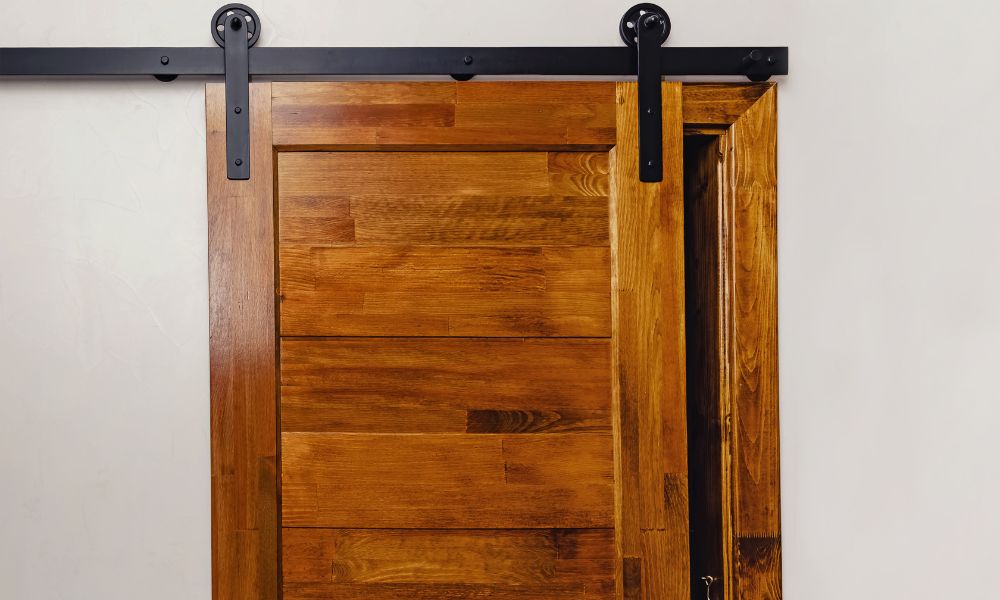Coaching Tips for Your First Baseball Practice

Coaching a sport, especially leagues with younger players, requires a certain blend of tact and support. When you sign up to coach a season of baseball for the first time, you must do what you can to establish a thoughtful connection with the players while teaching them the basics of the sport. Discover these essential coaching tips for your first baseball practice.
Educate Yourself First
It’s pretty much impossible to teach a person something you don’t know yourself. If you walk into your first baseball practice without learning a few finer points of baseball technique and game play, you won’t be able to pass on helpful and winning information to your players. These kids or teenagers entrust their athletic development to you, so make sure you give them something to chew on.
Set Up Your Equipment
When you run a baseball practice, your players should bring their own equipment to the field. But during the first practice, many may forget their equipment, or they might not know how to find it in the first place. As such, you should come to practice and set up your equipment with a few extras on hand. Make sure you come equipped with a few buyer’s tips for selecting a baseball bat and encourage parents to have kids try out bats whenever possible.
Always Plan for Extra Drills
Practice is all about drilling and repetition. The more times your players practice batting, running the bases, and catching and throwing balls, the more their skills will develop. During practice, you may experience various situations that lengthen or shorten practice. While losing time on the field isn’t great, you really don’t want to run through all your plays and have nothing left to do. Always plan for extra drills and have the instructions on standby if an extra ten to 15 minutes presents itself.
Though you don’t need MLB-level experience to coach a little league team, you should ensure you utilize these coaching tips for your first baseball practice. Continue to learn and push yourself to connect with the kids as much as possible. In the end, they’ll remember how you engaged with them as much as playing the games themselves.





